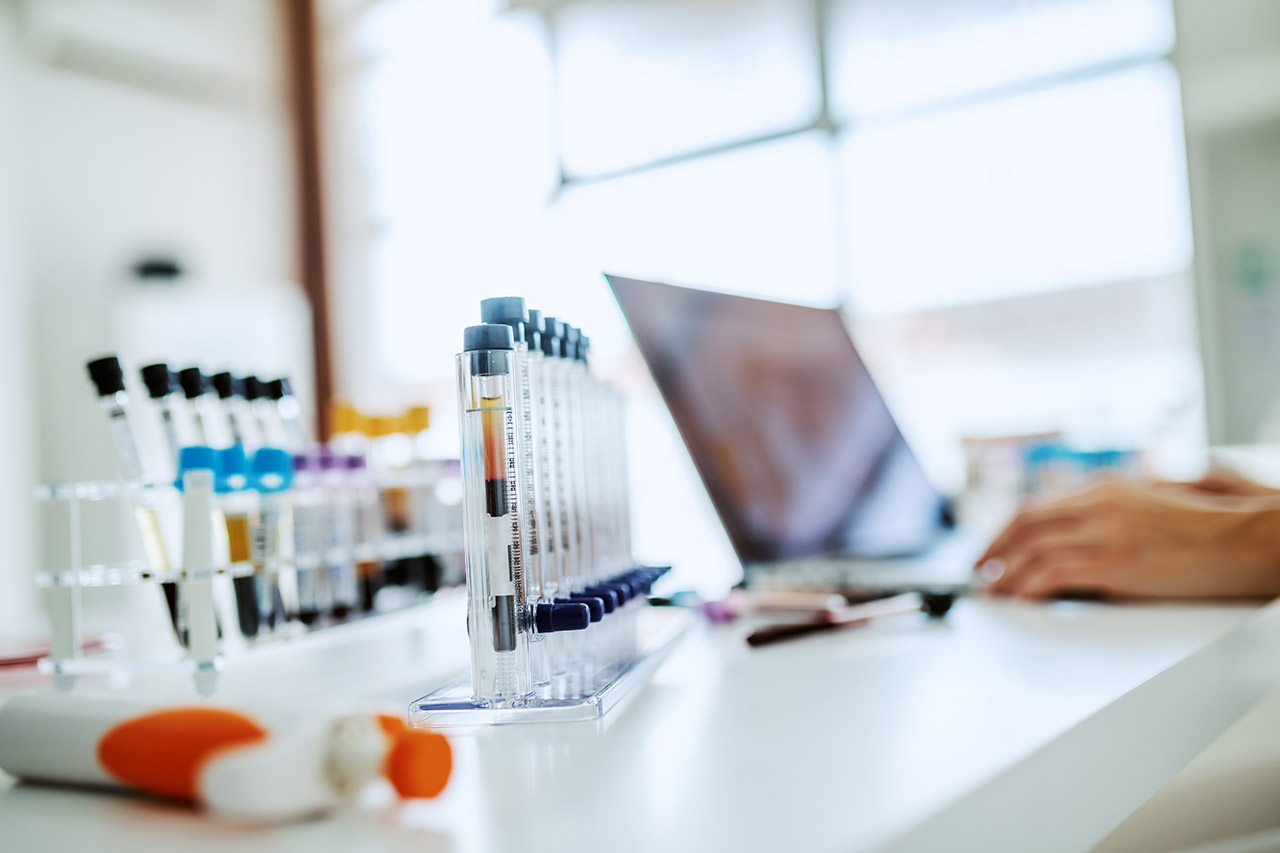How have genetic tests won over the general public?

Driven by rapid technological advances, genetic testing is now within the direct reach of consumers. In the United States, genetic tests can be found at the corner grocery store and in recent years these tests have become the trendy gift to give to our loved ones. This fast-growing market is pushing many companies to expand, particularly in Asian markets. And yet, the accumulation of data linked to the boom in this activity and their management are already a major challenge. Alcimed set off to discover these tests promising to teach us more about ourselves.
Genealogy, health, well-being, and taste: our DNA tells us everything!
Initially developed for medical uses, including diagnosis, genetic tests can determine predispositions to the development of certain diseases (cancers, neurodegenerative diseases). But the most well-known offer to the general public is genealogical exploration. American giants such as 23andMe, FamilyTreeDNA or Ancestry provide information on ethnic origins and can even reveal the existence of unknown relatives by linking up with a whole community of testers.
On the wellness side, many companies offer tests to determine nutritional needs, such as Caligenix, food intolerances or possible allergic predispositions. Uniskin even goes so far as to recommend the care products best suited to the tester’s needs by selecting the most relevant active ingredients in the current cosmetic offer.
And even sticking to ‘musical DNA’ is now possible via an AncestryDNA test, in partnership with Spotify, by defining custom playlists based on ethnicity.
The expansion on the Chinese market of an advanced technology for genetic tests specific to the population
With 50 million potential testers by 2022, the Chinese market is rapidly adopting these genetic tests, thanks not only to affordable prices, but also to a government policy favoring the genetic approach to health. In the near future, more than 3 million genetic tests could be carried out each year in China, with a penetration rate of 30-40% by 2025. Google Genomics is positioning itself and is already developing subsidiaries dedicated to the processing of these large volumes of data generated by these tests.
Beyond the volume, it is the specificity of the tests, to adapt them to the local population, that is gaining ground. Thanks to the technological sharing of the American giants, the “new generation” techniques developed in China make it possible to generate high-quality genetic data.
23andMe’s “copy to China” company, is collaborating with Thermo Fischer to optimize the Gene chip technology by including SNP biomarkers, the most recurrent biomarkers in the Chinese population, for a more targeted analysis.
New sequencing platforms and better artificial intelligence-assisted analysis methods are being developed with the ambition of worldwide deployment. These innovations are essential to platforms to attract new customers but also to build customer loyalty through subscriptions for updated results that add value.
Limits and risks of genetic tests: regulations and data management
Today, assessing the scientific robustness of these tests is difficult for consumers. The interpretations received can be difficult to apprehend without any medical support. As a regulatory issue, the management of genetic data is a critical point, especially with the growing market in Asia but not only: DNA sequencing has already been integrated into public health programs in many countries, such as the United States, the United Kingdom, and Algeria. In France, however, it is only possible to carry out a genetic test in a medical setting, for research work, or during a police investigation. French law (226-28-1 of the Penal Code) provides for a fine of up to €3 750 in the event of non-compliance with these regulations. All these applications stemming from these consumer genetic tests give rise to many ethical and regulatory questions. Alcimed will continue to follow the evolution of this market in order to understand the new opportunities that are emerging for the Healthcare, Cosmetics and Data management industries.
About the author
Tak-Wai, Consultant in Alcimed’s Cosmetics team in France
Do you have an exploration project?
Our explorers are ready to discuss it with you